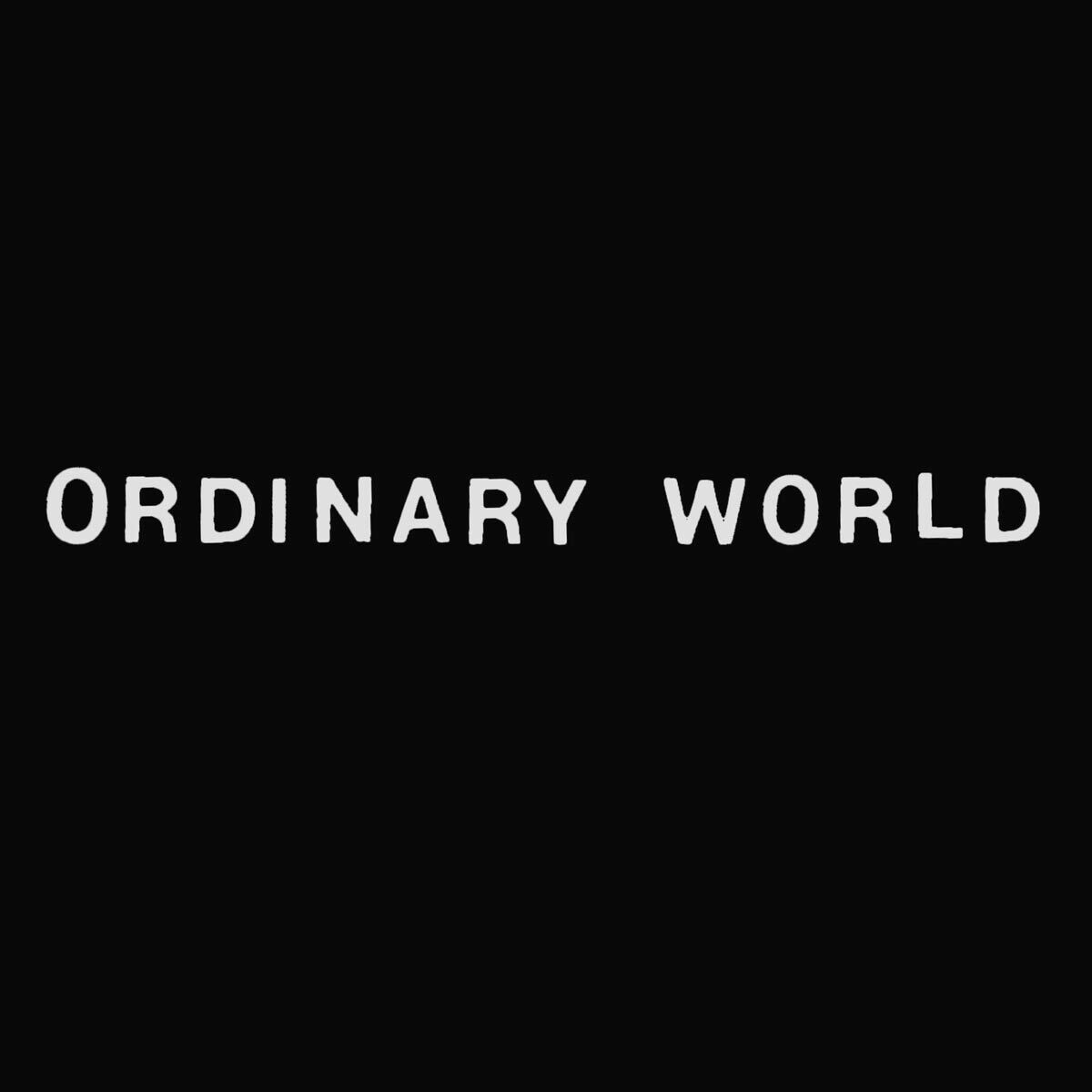

Chris explains that the purpose of the Ordinary World is multi-fold. My colleague and friend Chris Vogler in The Writer’s Journey, his distillation and interpretation of mythologist Joseph Campbell’s The Hero with a Thousand Faces for writers, elaborates on the utility and purpose of the Ordinary World. In my experience, they almost never produce tension at all. Getting to know protagonists is important, obviously, but pouring cereal or joshing around do not automatically produce tension. Characters do what they’d do on any ordinary day followed shortly, or so the theory goes, by an interruption that brings the first hint of trouble.Įven stories that begin with trouble-a dead body, say, or a special -ops mission-can retreat quickly to a “normal” atmosphere and tempo, as when a detective in Chapter Two goes home for a shower, or the team returns to base to debrief. In too many manuscripts it leads to early pages laden with the domestic clatter of the daily routine.

That, anyway, is the common idea however, that idea is limited if not wrong. A protagonist without an Ordinary World will be a hero without a cause, and so we need to spend some time there.

We won’t meet the people who need to be protected and saved. We’ll lack the heart and home anchors that make a protagonist both relatable and motivated. Until we know a protagonist’s “normal” we won’t know what order needs to be restored. That, commonly understood, is a baseline view of a protagonist’s life and location.Įstablishing the Ordinary World is like playing the first chord in a musical composition: It’s the safe and satisfying sound to which we will long to return during the many variations to come. Even if you are not familiar with The Hero’s Journey, there’s a good chance you know that its first step is establishing the Ordinary World.


 0 kommentar(er)
0 kommentar(er)
